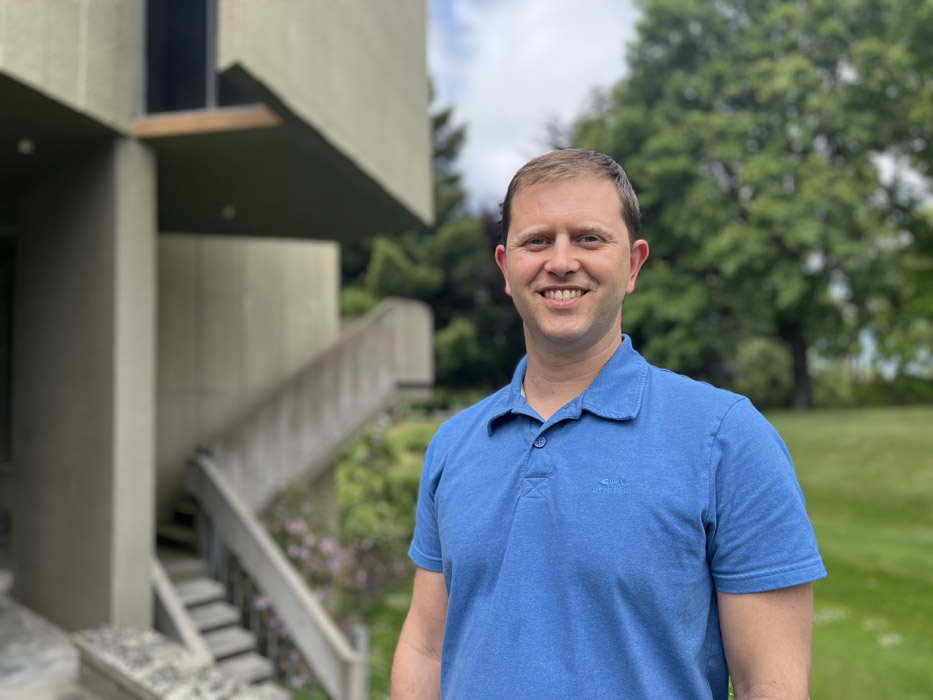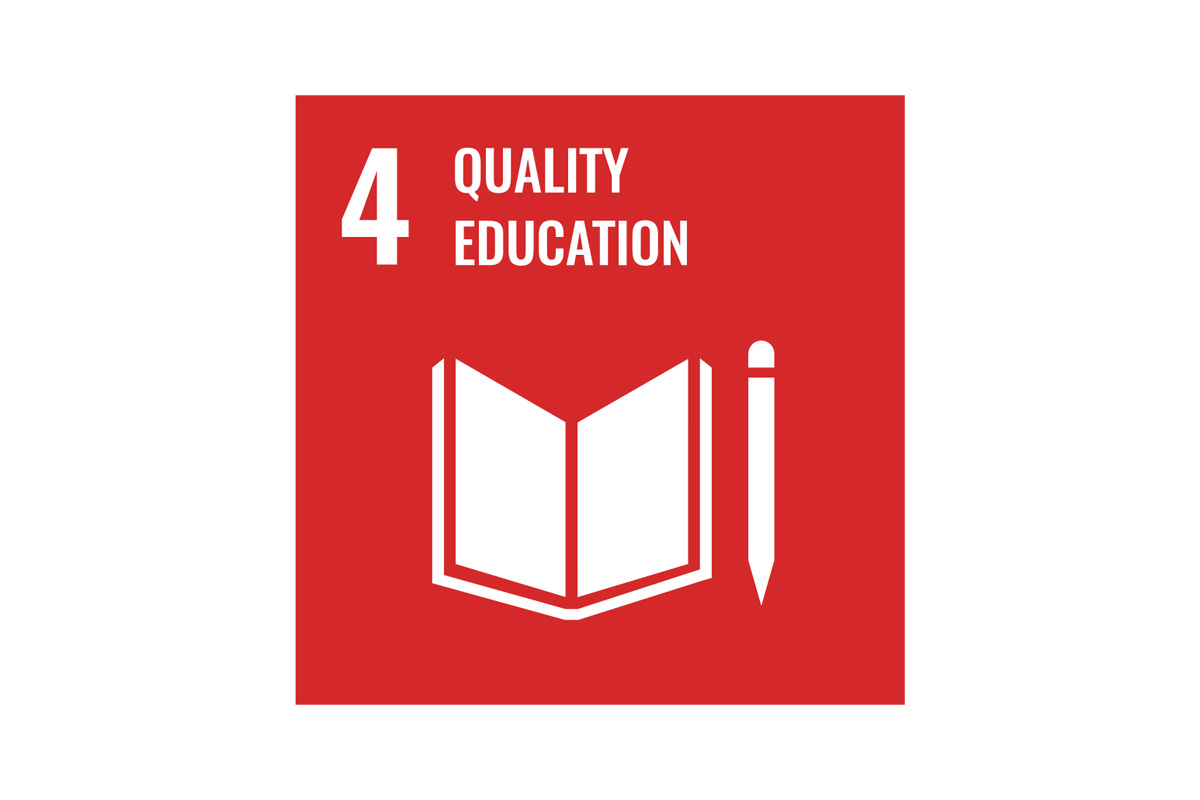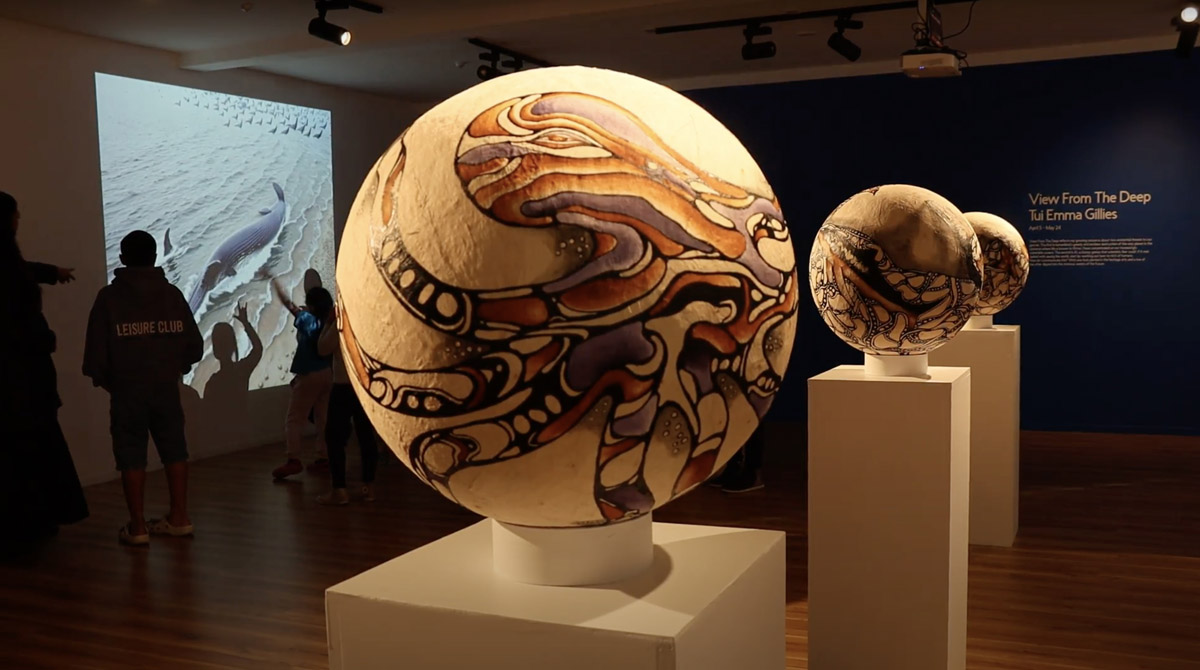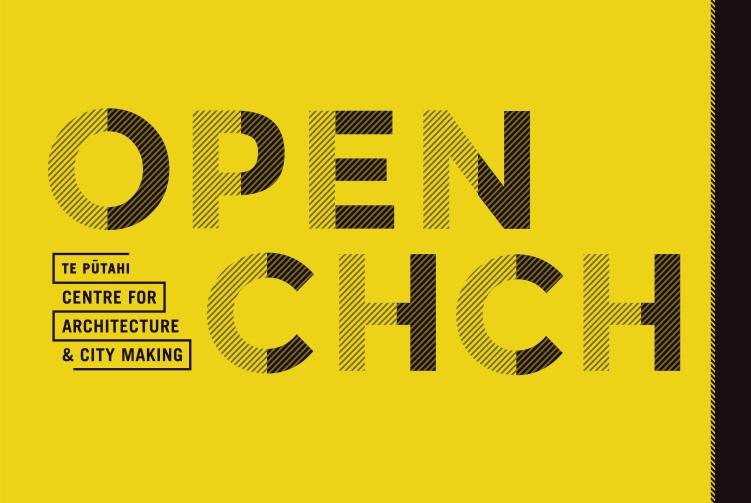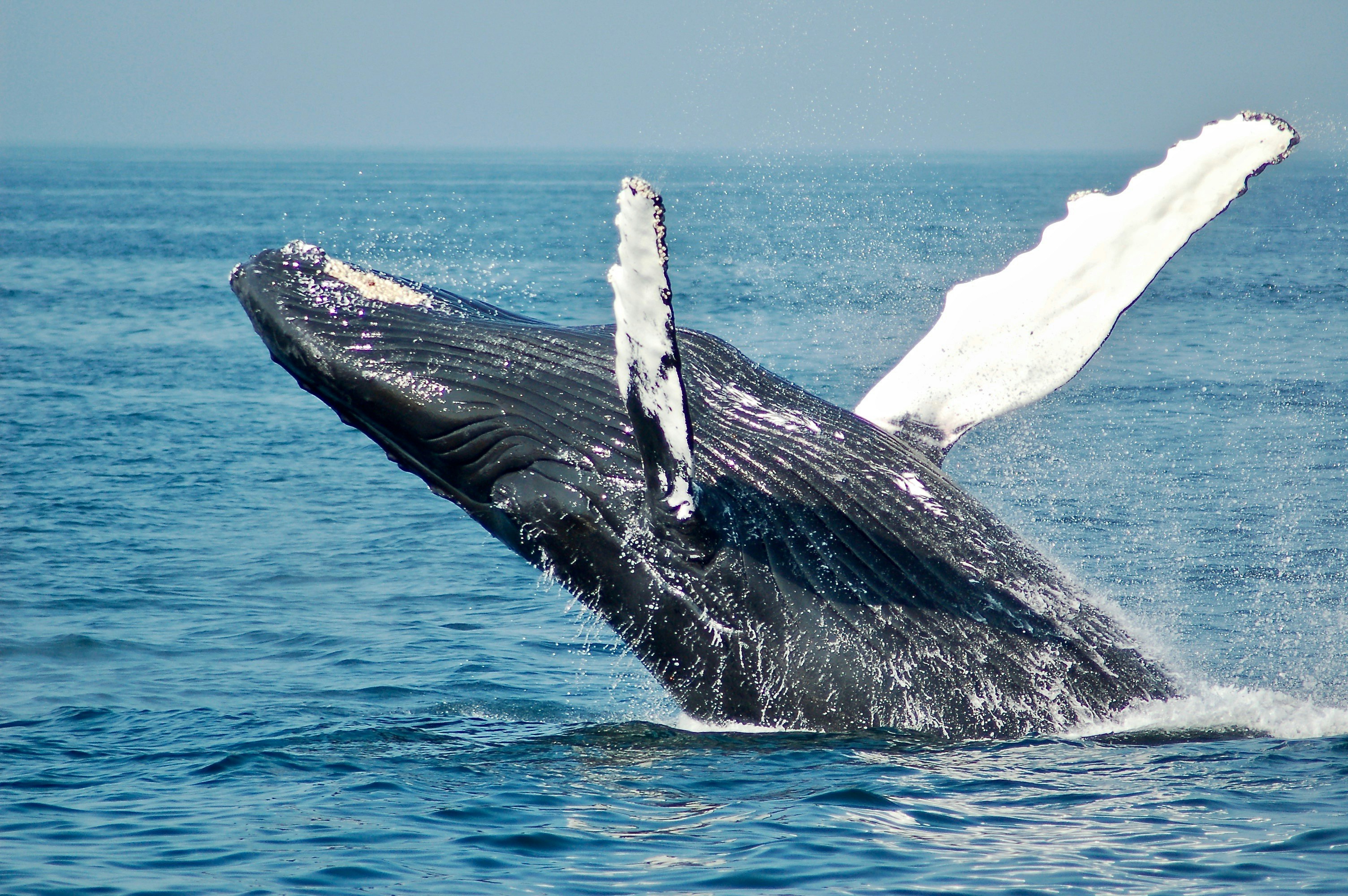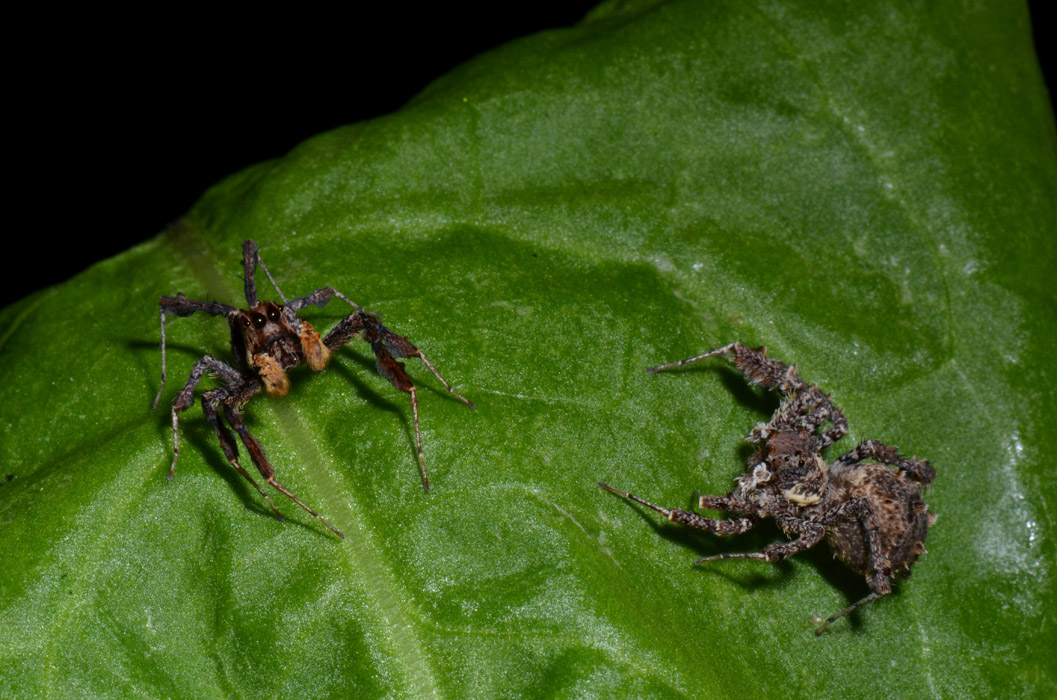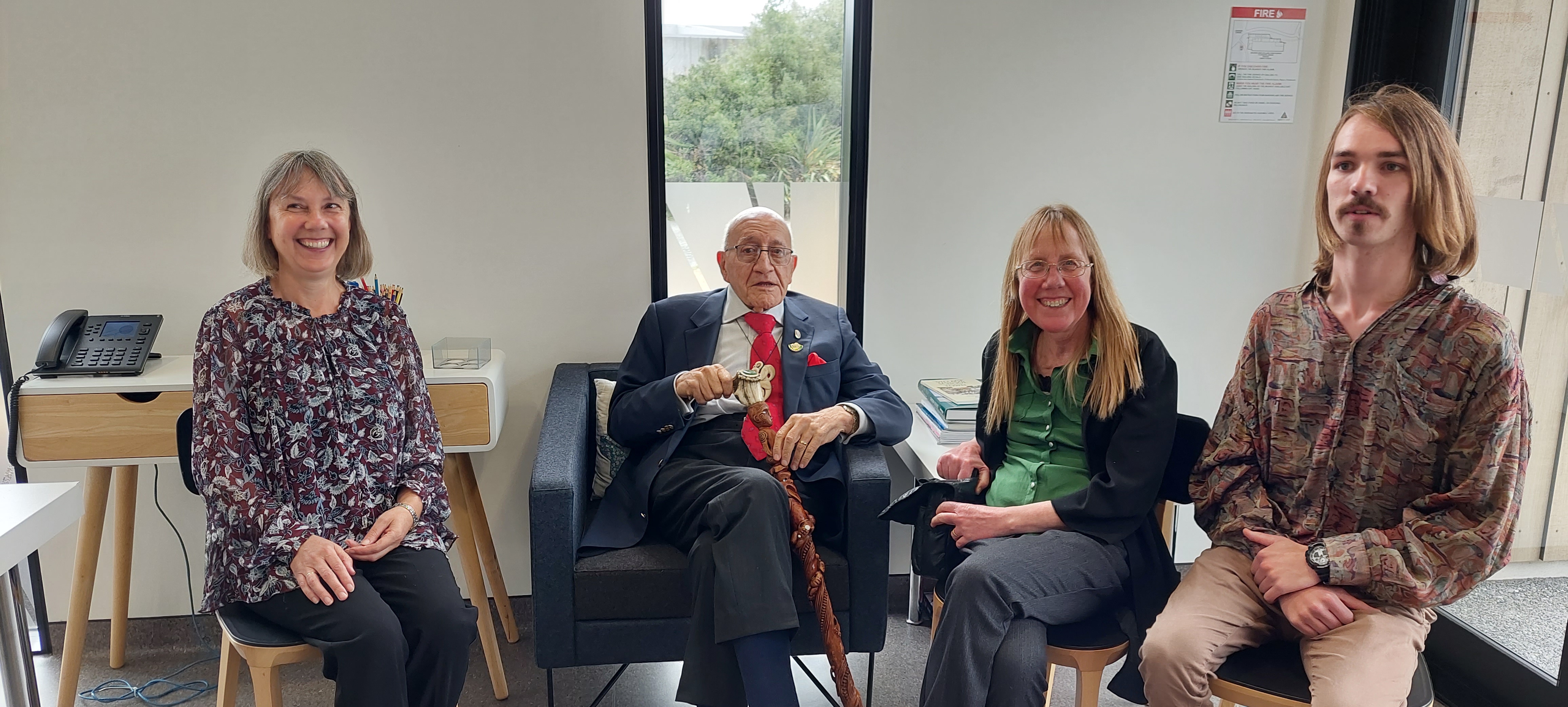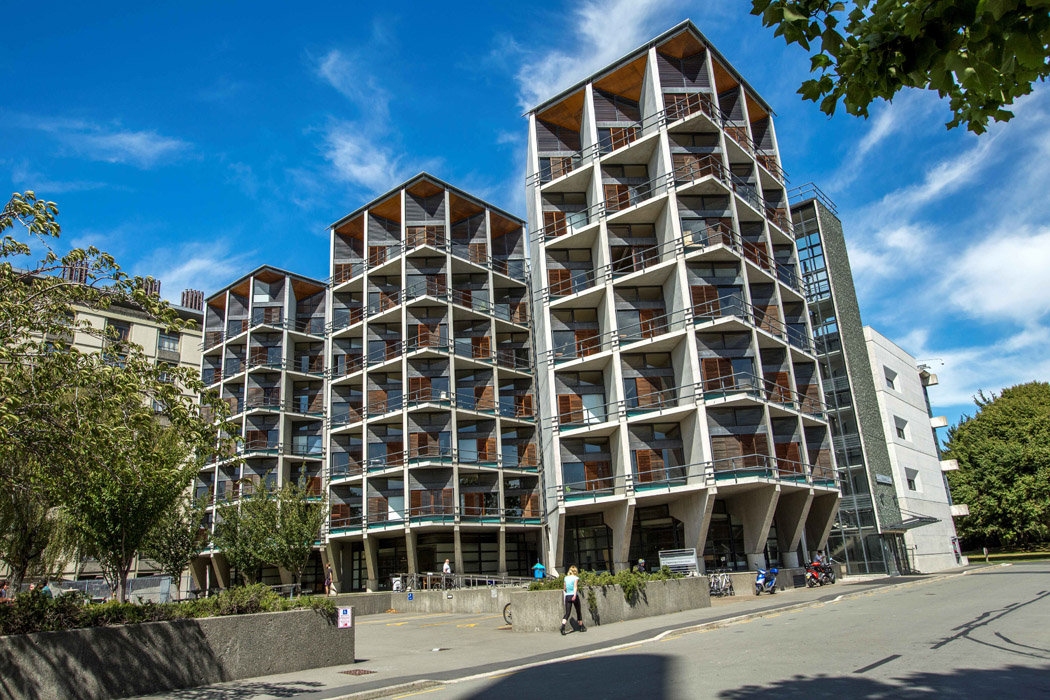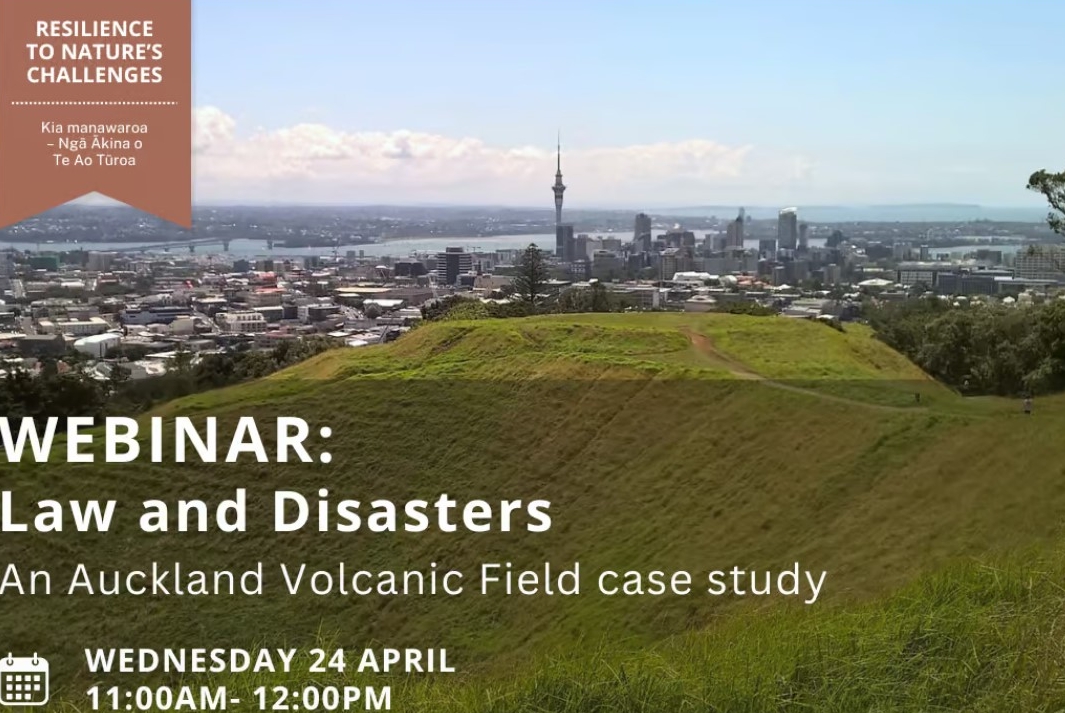“They imagine ulterior motives to explain this surprising generosity, which is the concept we call phantom costs – hidden risks in the transaction that would explain why someone is trying to sweeten a bad deal.”
Dr Vonasch says there are exceptions to this, such as when people believe there’s a benevolent reason behind the unusual generosity.
The experiments in the study included someone offering to pay strangers to eat a cookie or an ice cream sandwich; an ‘employer’ offering to pay the participant higher wages than normal for a job without sufficiently explaining why; and someone offering money along with the offer of a lift home – which participants were unlikely to accept.
While slightly higher than normal wages were initially appealing, people were more likely to turn down a job when the promised wages reached several times the normal amount. Participants in this scenario became suspicious the job would be illegal, dangerous or “extremely dirty”.
The study was a collaboration between Dr Vonasch at UC and the Department of Psychology at the University of Milano-Bicocca and the University of North Carolina in the United States. It has been published in Personality and Social Psychology Bulletin.
